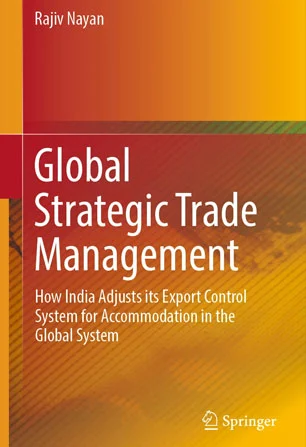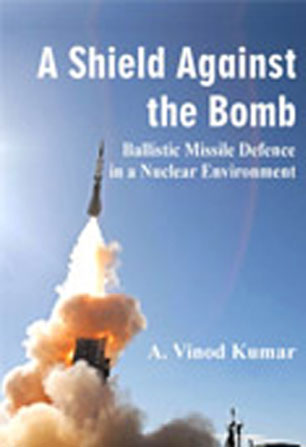Nuclear Deal and the Future of Indo-US Ties
Now that the IAEA Draft Agreement is on the World Wide Web and the Communists have withdrawn their support to the UPA, it is reasonable to assume that the next few steps will also follow in good time. The alacrity with which the Americans have drafted their letter to the 45 members of the Nuclear Suppliers Group is remarkable and shows that the Bush administration is indeed very keen to see the deal through before its term ends at the end of the year. What we are not so sure of, however, is the future of the UPA and the Congress.
- Ramesh Phadke
- July 17, 2008








